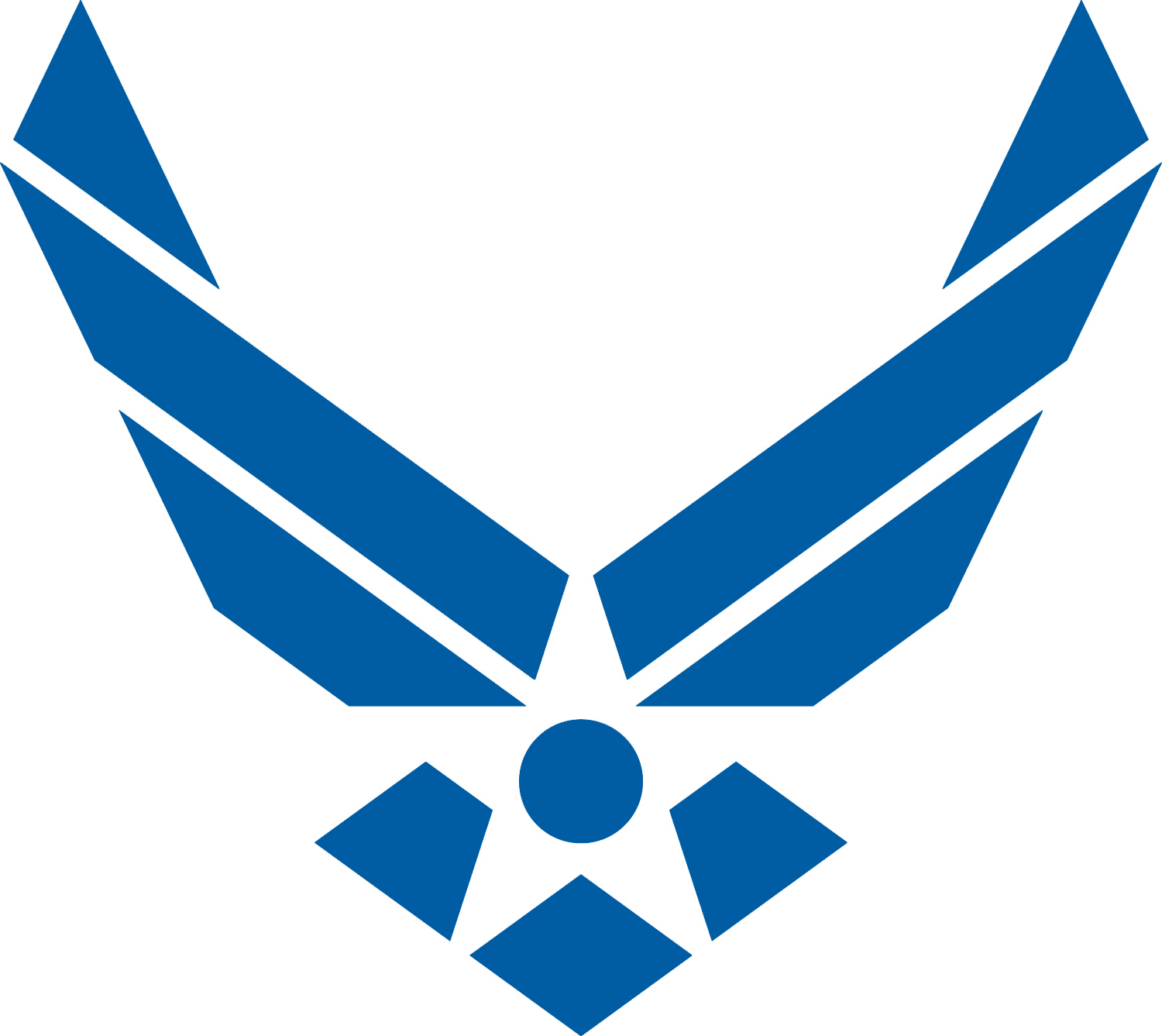
If you are interested in a Rated AFSC, make sure you medically qualify for the Rated AFSC you desire. These requirements can be found here. If you do not meet certain standards, there may be a chance for you to obtain a waiver, so don’t give up right away. If you have already completed your DoDMERB physical, you will know if you are qualified for a Rated AFSC.
Selection Process
To compete for a Rated AFSC, you must submit all of the proper documentation in the fall of your junior year of college. In the spring of your junior year, the Air Force will hold a Rated Selection Board to select cadets for Rated career fields. The Rated Board will calculate a score for each applicant based on the following weighted criteria.
-
AFOQT/PCSM (40%)
-
Commanders Ranking (25%)
-
Field Training Ranking (15%)
-
Physical Fitness Assessment PFA (10%)
-
GPA (10%)
It is important to note that the Rated Board will not take your college major into consideration when making selections.
The Rated application process is long, but it is only the beginning of your journey. To learn more about the training programs you will enter once you earn your Rated AFSC, click on the tabs in the sidebar.
AFOQT/PCSM
The Air Force Officer Qualifying Test (AFOQT) is a standardized test with multiple sections that all future officers take. The Pilot Candidate Selection Method (PCSM) is a composite score based on the AFOQT Pilot score, TBAS, and number of flight hours. Only the AFOQT Pilot section will be considered when calculating the PCSM. Cadets typically study for the test during the summer between their freshman and sophomore years and take the test for the first time in the fall of sophomore year, so if you are a prospective cadet, you do not need to worry about this just yet.
In addition to the AFOQT, you will also need to take the Test for Basic Aviation Skills (TBAS) during your sophomore year. The TBAS evaluates your baseline aviation skills. This is not a written test, and it evaluates your spatial reasoning and ability to multitask, among other skills. This is not a typical test that you will be able to study for, so taking it twice usually results in an improved score.
As mentioned, your flight hours also contribute to the PCSM and serve to increase your score. How much your score increases is determined by how many flight hours you accrue.
If you are a prospective cadet with aspirations of earning a Rated AFSC, gaining flight hours and flight training is the best way to prepare yourself for the application process. However, flight hours are expensive, so make sure to seek out advice from people who have experience with the Rated application process. Upon joining ROTC, you will be eligible for aviation scholarships offered by the Air Force and other organizations, so be sure to consider this as well.
Commanders Ranking (25%)
Once you enter the program, you will be ranked in comparison to your fellow cadets each semester. Every commander has a slightly different way of ranking cadets. To learn more about how you will be ranked, reach out to other cadets or the cadre.
Field Training (15%)
When you attend Field Training (FT) you will be ranked in comparison to the rest of your class at FT. Most of the time, your ranking will either be top third, middle third, or bottom third depending on your performance. A number of different factors go into determining your field training ranking.
Physical Fitness Assessment PFA (10%)
We take the PFA every semester, and it is 1 minute of push ups, 1 min of sit ups and a 1.5 mile run. It’s never too early to start preparing. Refer to our fitness standards page for further guidance.
GPA (10%)
Achieving a high GPA is critical to success when applying for any program in ROTC. Applying for a Rated AFSC is no different. Again, your major does not factor in to this calculation.

